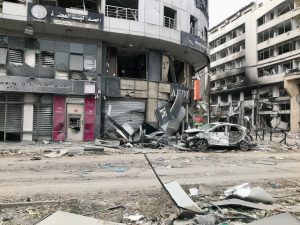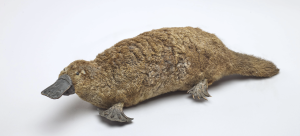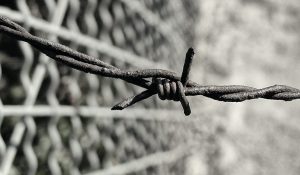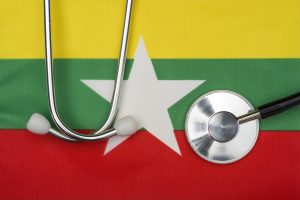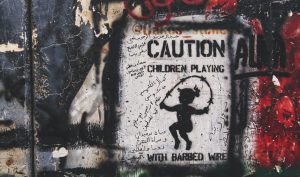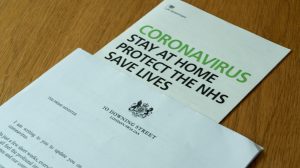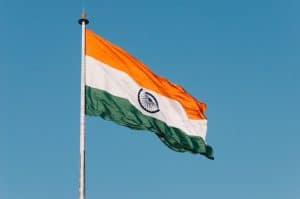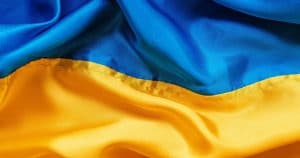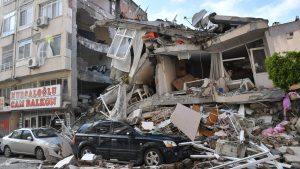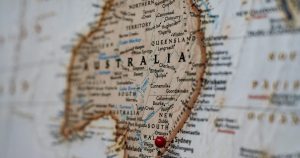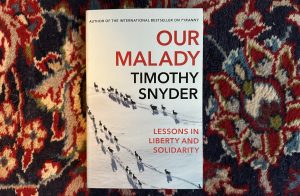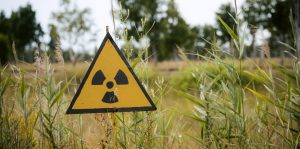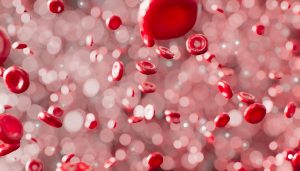"In the dynamic landscape of healthcare delivery, South Asia stands at the forefront of transformative change, particularly in the realm of family medicine. This article explores and elucidates the diverse models of family practice emerging across the region ... "
In Japan, there is a saying that deities disguise themselves as difficulties and offer trials to those who have true courage and strength. My supervisors taught me that when we are overwhelmed and troubled by complex problems, we should respond with sincerity
Against a backdrop of armed conflict and geo-political instability, medical education becomes a daunting challenge. Safiya Virji highlights a web-based resource which can be used offline.
General practice plays a particularly important role in people's lives, supporting the health, livelihoods and lifestyles of individuals and communities. To fulfil this role effectively, GPs must embrace the idea that experience and learning are never wasted.
'In medical education; those with less support needs have better training environments, while those who are most in need of support end up training in the most challenging, deprived areas.' Frances Wedgwood reflects on a plausible narrative.
We know ambulance trusts in the UK are increasingly employing GPs, and whilst the theory is there, we wanted to explore the evidence. What follows is a summary of our discussions exploring key similarities and differences in approaches to out-of-hours (OOH) care,
My husband and I visited my ancestral village home in the state of Bihar. I was visiting my village after 25 years and could see the obvious changes – both the progress and ongoing challenges.
Is general practice the platypus of medical specialities?
Mavin Kashyap shares key practice insights from a specialist community healthcare service for asylum seekers and refugee (ASR) adults.
Myanmar should not be forgotten in the conversation around the ongoing failure to protect hospitals and health workers in conflict zones. Jim Brockbank reminds us.
At the most recent WONCA global conference in October 2023, the WONCA Women’s Working Party on Women and Family Medicine (WWPWFM) met with young doctors movements from all world regions, to discuss common themes and possible ways to work together. Amanda Howe
"We have three responses to the current crisis in Palestine. They are not unique to us but are informed by our work as GPs and connection to Palestinian primary care ... "
This would mean exploring the ideas of Israelis and Palestinians at mass level, listening empathetically and impartially to concerns from both sides, and establishing the realistic expectations of each cohort. A fair, kind, and honest approach...
Bassem Saab and Beatrice Khater use a series of movies used to teach and discuss professionalism with family medicine residents in Lebanon. Here they focus on relationships with the pharmaceutical industry.
Some of us will welcome this opportunity to shine a light onto the events that took place in the early stages of the pandemic. But what is the right way to look at our response to COVID, and what’s happening in other
This warning is not about climate change. Skip to the last paragraph to get your warning or keep reading to understand why we ignore warnings.
In a podcast recorded by the Medical Republic, Jens Sondergaard outlined six main reasons it’s great to work in Danish general practice. Nada Khan weighs up the evidence for moving to Denmark.
"In January of this year I had the privilege of visiting the Christian Medical College in Vellore, India. [...] It was a reminder that the workforce and training challenges we face in the UK are not bespoke to the NHS. We are
Evidence collected by the Ministry of Health of Ukraine and the World Health Organization in recent months shows that mental health, rehabilitation and the population's access to health services are the top priorities and issues to be addressed. Oleksii Korzh unpacks the
The effects of the earthquakes on child health in Türkiye are substantial, multifaceted and, without urgent intervention, deeply enduring throughout the life course. Richard Armitage reports from the scene.
Teams are the talk of the town in practice transformation circles. They are extolled as the solution for many of our deficiencies– from chronic staffing shortfalls to employee burnout. This extended essay by David Loxterkamp gives a perspective from American primary care
…the sparsely populated rural and remote areas of affected provinces, coupled with the precarious and earthquake-damaged transport infrastructure that supplies them, has allowed the construction of very few formal displacement sites within these areas.
Will this delegation from Australia be successful in ‘stealing’ GPs away to Australia? For those who have been weighing up the options, it may well act as their trigger point to leave, but not without the context of the other push and
"The conflict in Ukraine has displaced over 7 million people since February 2022. The UK Government has responded by issuing 219 400 visas for Ukrainians through sponsorship schemes. One year on, we feel there is value in reflecting on the health needs
In response to recent earthquakes, the UK Emergency Medical Team (UKEMT) is currently providing a variety of clinical services from a field hospital in a heavily-damaged town located around 50 kilometres from Gaziantep in Kahramanmaraş Province. Richard Armitage is there.
Timothy Snyder kept a diary whilst in hospital in the US where he was finally treated, the experience of which forms the basis of his reflections. Much of what he writes about is clearly written about and for the American context, but
The Canadian Centre on Substance Use and Addiction (CCSA), in new guidelines endorsed by Health Canada, recommend that Canadians should have no more than two alcohol-containing drinks per week. Nada Khan explores alcohol advice in primary care.
As the latest cohort in the Oxford International Primary Care Research Leadership Programme, we present the ‘10 things we wish we had known’ for anyone considering a career in academic primary care.
Apichai Wattanapisit reminds us that lifelong learning is a crucial element to maintain the standard of practices and develop the future career.
My love for those who could not help themselves was fuelled by passion,
As medicine became my way of helping them with care and compassion.
Assessing the effectiveness of each charitable project and directing financial donations to the one that ranks highest is certainly a task of gargantuan proportions. Richard Armitage explains.
Internet shutdowns are government interventions motivated to intentionally disrupt access to, and the use of, online information and communication systems. These measures pose a novel and growing threat to various elements of global public health.
Most developed countries have increasingly diverse populations. This context presents a challenge to empathic healthcare, as well as an opportunity. Better communication, treating diversity as an opportunity, and formal training in empathy and diversity can help transform diversity from a potential barrier
Although the doctor-patient relationship works in favour of promoting healing, it may not be sufficient.
With climate change resulting in increasing temperatures all around the world, what exactly does heat do to our cells and vital organs?
Richard Armitage argues that the abuse or neglect of nuclear facilities in conflict settings represents an international public health concern
There are three levels of general practice: generalist practice approach, general generalist practice and expert generalist practice. Koki Kato explains how they can help GPs explain what they do.
Healthcare professionals deploying to and practicing in conflicts and catastrophes can experience a plethora of negative emotions due to perceived or actual transgressions of their core ethical principles. In his final Ukraine report, Richard Armitage gives a powerful personal reflection.
Richard Armitage investigates the impact of the war in Ukraine on the country’s health worker density.
Anaemia is a serious public health concern globally, yet WHO's cut-off values for Hgb were established in 1968 using predominantly White populations in Europe and North America. Is it time to update to population specific cut-offs?



